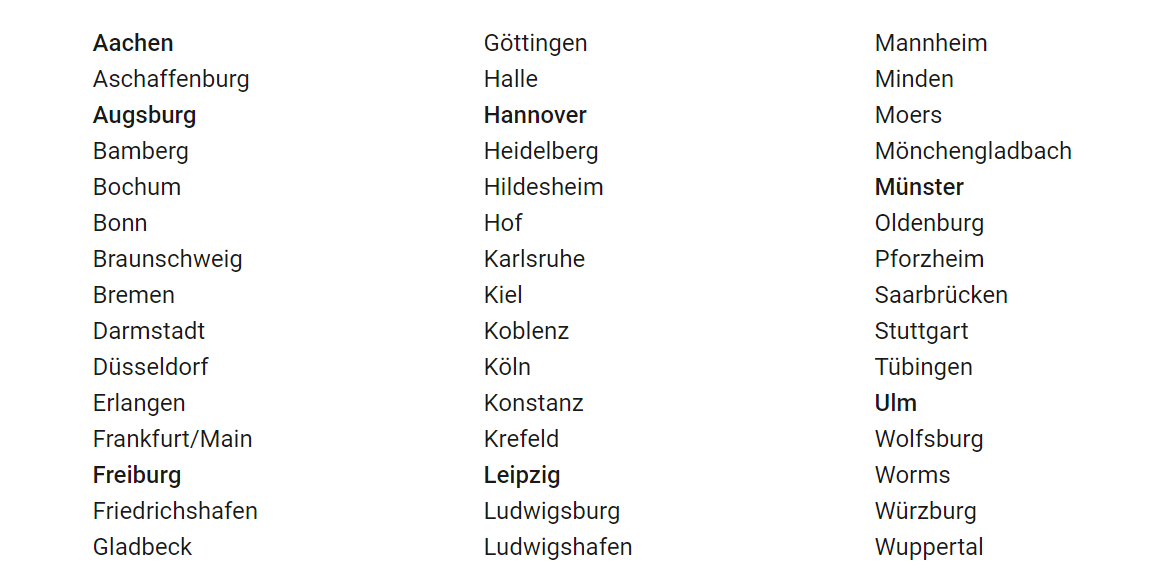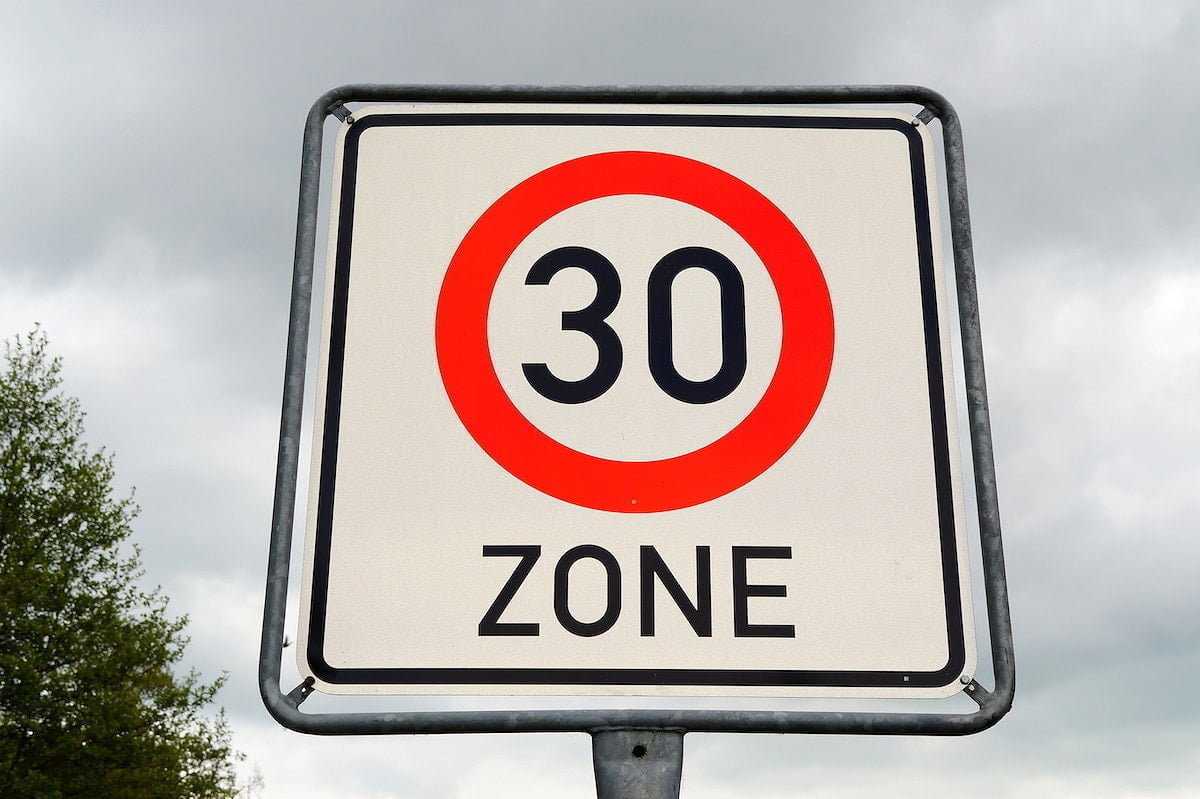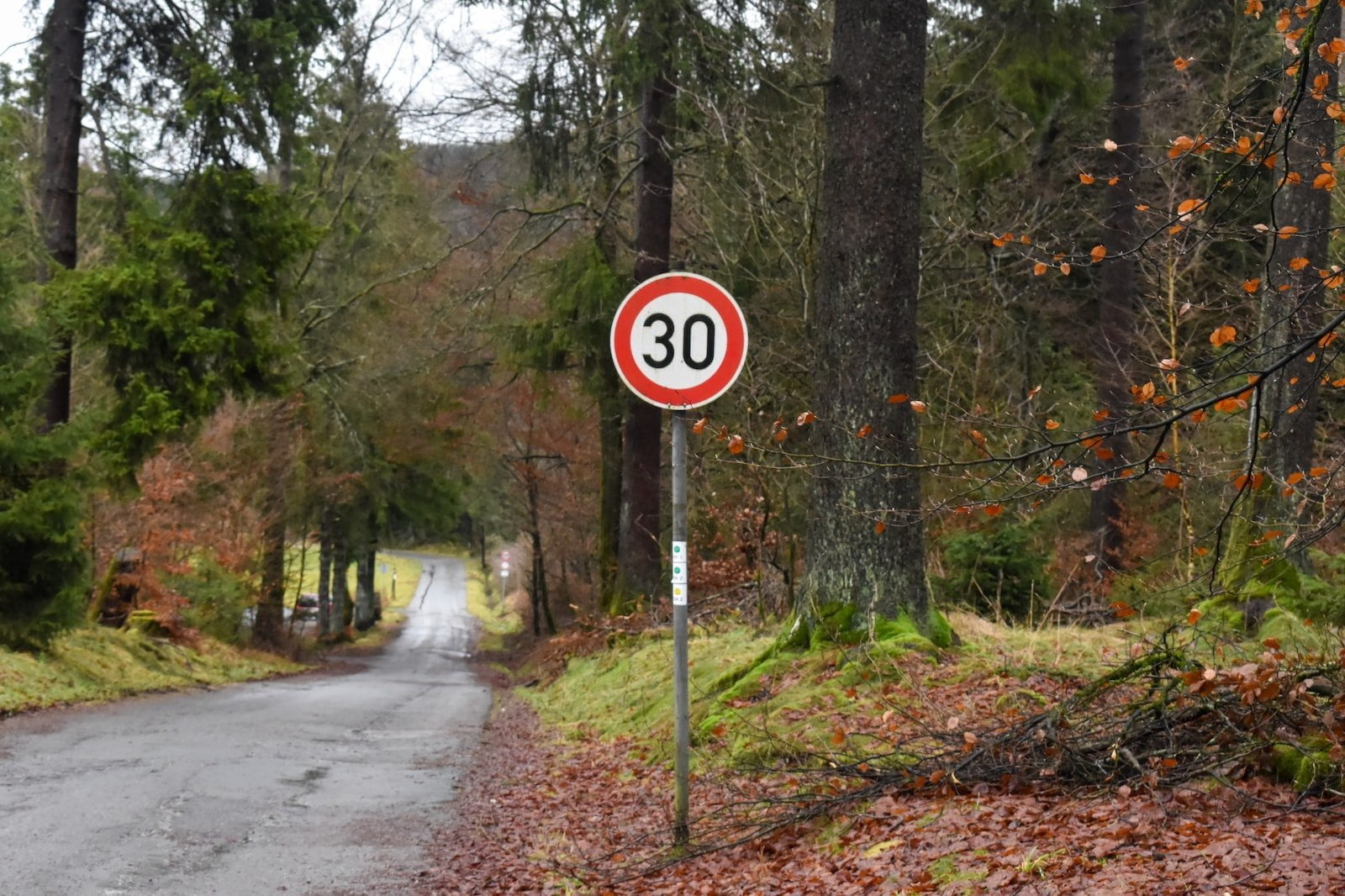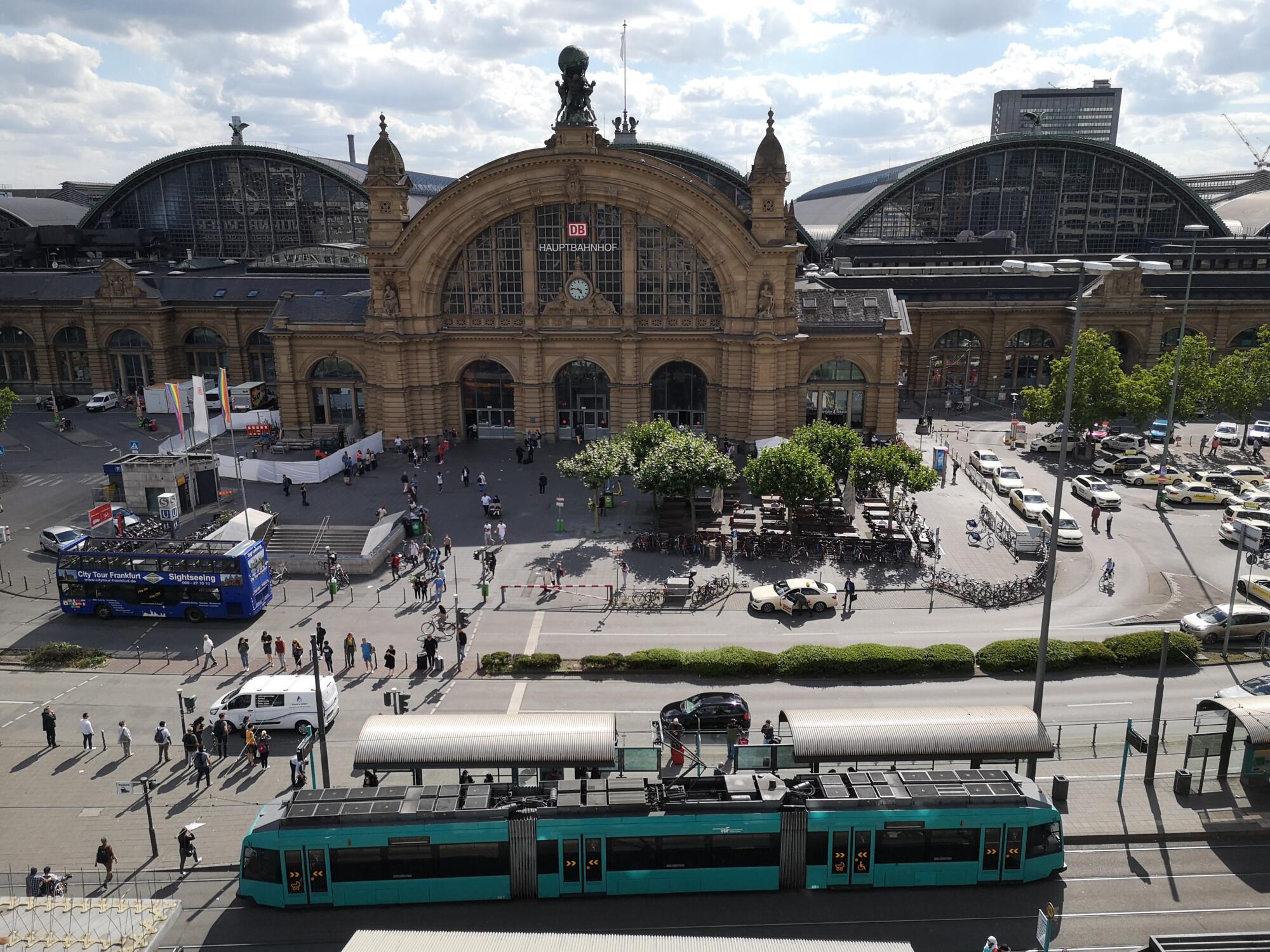German cities demand freedom to implement 30 km/h speed zones
Municipalities in Germany are currently prohibited from implementing maximum speed restrictions and traffic control as they see fit: in particular, the German Federal Government forbids the installation of 30 km/h low-speed zones unless there is a specific issue they address or they are in front of social amenities, such daycare centres and schools.
In 2021, an initiative to support expanded municipal rights to establish speed limits was introduced by several German cities: Aachen, Augsburg, Freiburg, Hanover, Leipzig, Münster, and Ulm were the founding cities, and after the organisation was established, they petitioned additional German cities to join as well.

As of August 2022, the programme Lebenswerte Städte durch angemessene Geschwindigkeiten started to gain momentum, and it now includes 263 municipalities that demand the exclusive right to expand existing 30 km/h low-speed zones.
The core tenet of the programme is that public spaces are the source of urban livability and quality of life. However, given that such spaces are described as squares, parks, and streets, it is clear that the interaction of vehicular and pedestrian traffic is important.
Therefore, low-speed zones are a wonderful strategy to control this interactions: studies have found that they lower the incidence of fatal injuries and reduce noise, carbon dioxide, and nitrogen dioxide pollution, too.
Free to... slow it down

The initiative's leads emphasise that it is not just about areas with a 30 km/h maximum speed limit: for them, giving local governments the freedom to set their own maximum speed limits - which in some situations may be 20 km/h and in others could be 40 km/h - is what prompted them to action.
The initiative's four demands, endorsed by mayors, city council members in charge of transportation, urban development, and planning, are as follows:
- The commitmet to shift mobility toward green and alternative forms of transport and an increase of quality of life indicators in cities;
- The promotion of Tempo 30 as a key component of a sustainable, city-wide mobility concept and a plan to improve public areas for motor vehicle traffic, including major roadways;
- The demand to the federal government tto promptly establish the required legislative framework so that municipalities may impose a 30 km/h speed limit where they feel it essential;
- The implementatio of funding model for research projects to determine the individual aspects, benefits and effects of this regulation, to improve the application of this principle.

